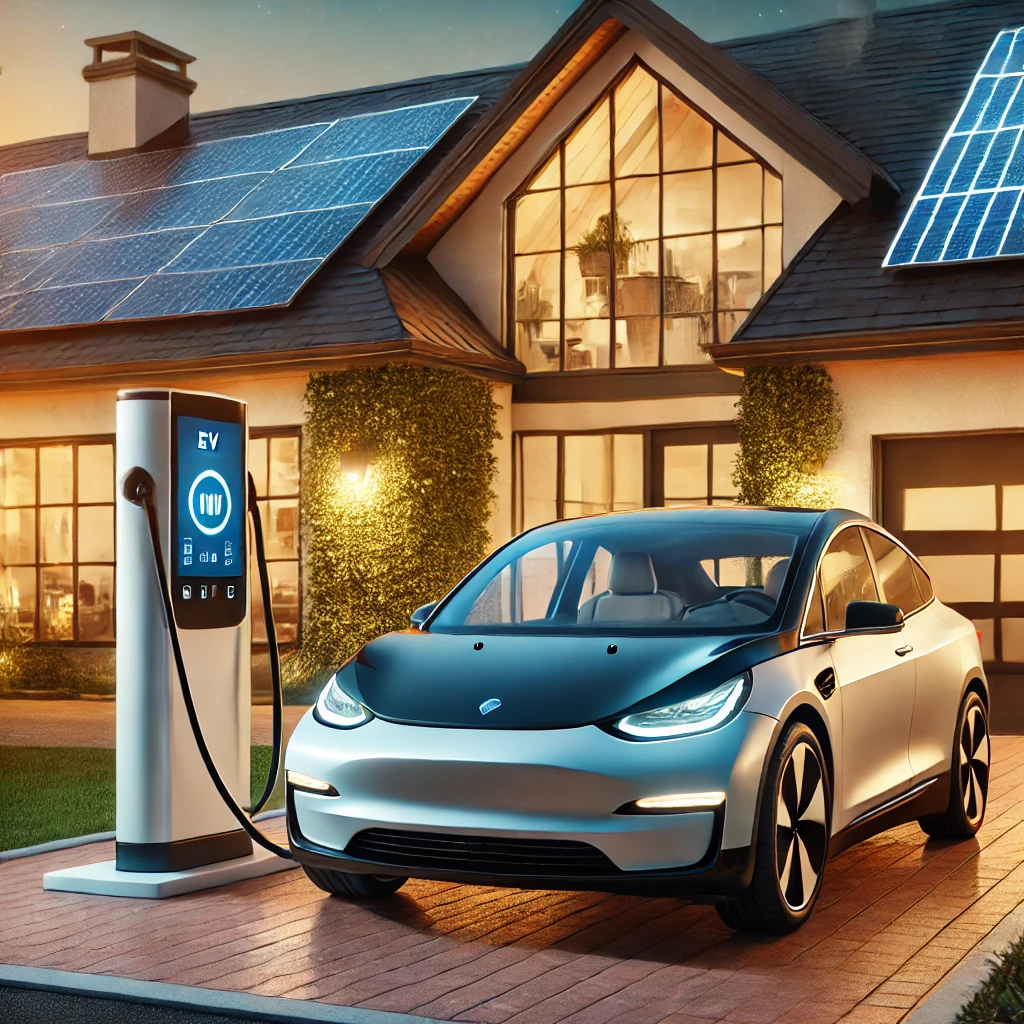Why EV Chargers Are Becoming a Must-Have Amenity in Real Estate

The real estate landscape is evolving rapidly, with sustainability and technology driving major shifts. One of the most significant trends is the growing demand for electric vehicle (EV) charging stations in residential and commercial properties.
With the rise of electric truck charging stations and personal EV ownership, buyers and tenants are actively seeking properties equipped for the future of transportation.
In this post, we'll take a look at why EV chargers are becoming an essential feature in modern real estate and how they enhance property value, attract eco-conscious tenants, and future-proof investments.
EV Adoption and the Increasing Need for Charging Infrastructure
The surge in EV adoption has created a pressing need for accessible charging options. Automakers are expanding their EV lineups, and government incentives are encouraging consumers to make the switch. However, without adequate charging infrastructure, this transition faces a major hurdle.
Homeowners and commercial property managers recognize that integrating EV chargers adds convenience, boosts sustainability efforts, and attracts tech-savvy buyers and renters. The shift towards electrification isn't slowing down, making EV chargers an essential part of modern real estate planning.
How EV Chargers Increase Property Value
Investing in EV charging stations enhances property value by making it more attractive to buyers and tenants who own or plan to own electric vehicles. As demand for EV-friendly properties grows, listings with installed chargers stand out in competitive markets.
It has been shown that properties equipped with EV chargers sell faster and at higher prices than those without. Homebuyers and tenants are willing to pay a premium for the convenience of charging their vehicles at home or work.
Real estate investors who incorporate EV charging infrastructure into their properties can see significant returns in both short-term rental income and long-term appreciation.
A Key Selling Point for Eco-Conscious and Tech-Savvy Tenants
Sustainability has become a major decision factor for many buyers and renters. A lot of consumers now prefer environmentally friendly homes and workplaces that support green living.
Developers and property owners who install EV chargers signal a commitment to sustainability, attracting eco-conscious tenants who prioritize reducing their carbon footprint.
In addition, tech-savvy individuals looking for smart home features view EV chargers as part of a larger ecosystem that enhances convenience and energy efficiency.
For multifamily housing units and commercial spaces, having multiple charging stations can be a unique selling point that sets the property apart from competitors.
Meeting Regulatory Requirements and Future-Proofing Investments
Cities and states are increasingly implementing building codes and incentives to encourage EV charger installations. In some areas, new developments are required to include a minimum number of charging stations to comply with sustainability mandates.
Forward-thinking real estate developers are taking proactive steps to integrate EV infrastructure early, ensuring compliance with future regulations while reducing costly retrofits later.
Investing in EV chargers now prevents properties from becoming outdated as the transportation sector continues its shift toward electrification.

A Competitive Advantage for Businesses in Commercial Real Estate
For commercial properties, offering EV charging stations is a strategic advantage. Businesses that install chargers attract more customers, employees, and tenants who rely on EVs.
Shopping centers, office buildings, and hotels that provide charging options enhance their appeal and extend visitor dwell times, increasing revenue opportunities.
Workplaces with EV charging stations also benefit from improved employee satisfaction and retention. With more companies adopting sustainability goals, providing on-site chargers aligns with corporate environmental initiatives and strengthens brand reputation.
Conclusion
The rise of EVs is reshaping real estate expectations, making charging infrastructure a must-have rather than an optional amenity. From increasing property value to attracting eco-conscious buyers and meeting evolving regulations, installing EV chargers is a smart investment for property owners and developers.